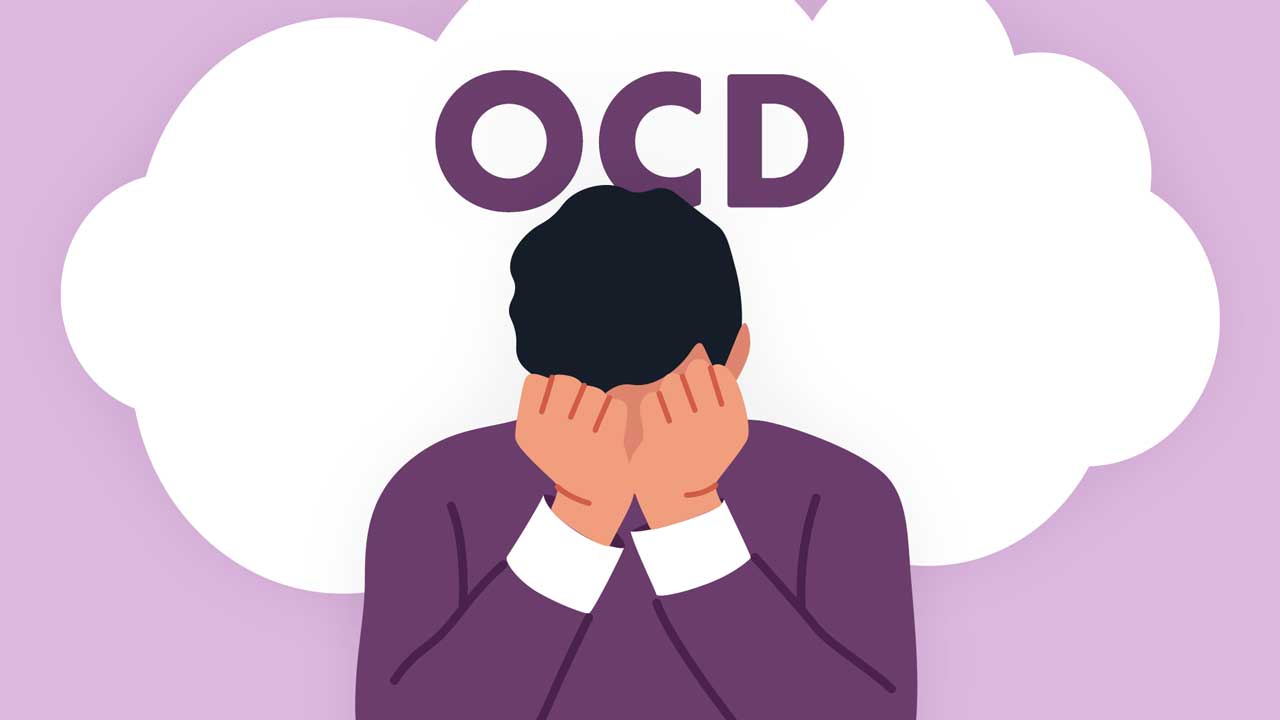
Obsessive-Compulsive Disorder (OCD) can be a debilitating condition that affects millions of people worldwide. However, with advancements in behavioral therapy techniques, individuals can find effective ways to manage and overcome the symptoms of OCD. One such cutting-edge approach is behavioral therapy, which has shown promising results in helping individuals regain control over their lives and reduce the impact of OCD on their daily functioning.
The Science Behind Behavioral Therapy for OCD
Behavioral therapy for OCD is grounded in the principles of cognitive-behavioral therapy (CBT), a widely used therapeutic approach for various mental health conditions. The primary goal of behavioral therapy for OCD is to help individuals change their patterns of thinking and behavior that contribute to the disorder.
Key components of behavioral therapy for OCD include:
- Exposure and Response Prevention (ERP): This involves exposing individuals to situations that trigger their obsessions and compulsions, while teaching them healthier ways to respond.
- Cognitive Restructuring: This technique helps individuals challenge and reframe their negative thoughts and beliefs associated with OCD.
- Relaxation Techniques: Learning how to manage stress and anxiety through relaxation techniques can help individuals reduce the urge to engage in compulsive behaviors.
Benefits of Behavioral Therapy for OCD
Behavioral therapy for OCD offers numerous benefits for individuals struggling with the disorder. Some of the key advantages include:
Effective Symptom Management:
- Behavioral therapy has been shown to be highly effective in reducing the frequency and intensity of obsessions and compulsions in individuals with OCD.
- It helps individuals develop healthier coping mechanisms and strategies to deal with their symptoms.
Improved Quality of Life:
- By learning how to manage their symptoms, individuals can experience an improvement in their overall quality of life and functioning.
- They may be able to engage more fully in work, school, and social activities without being hindered by their OCD symptoms.
Long-Term Relief:
- Behavioral therapy equips individuals with the skills and tools they need to sustain their progress over the long term.
- It helps individuals build resilience and self-efficacy in managing their OCD symptoms independently.
Challenges in Implementing Behavioral Therapy for OCD
While behavioral therapy for OCD is highly effective, there are some challenges that individuals may face in implementing this treatment approach. These challenges include:
Resistance to Exposure:
- Exposure therapy, a key component of behavioral therapy for OCD, can be challenging for individuals who are resistant to facing their fears and triggers.
- Therapists may need to work closely with individuals to help them overcome their resistance and gradually expose themselves to their fears.
High Levels of Anxiety:
- Individuals with OCD often experience high levels of anxiety, which can make it difficult for them to engage in therapy effectively.
- Therapists need to provide adequate support and guidance to help individuals manage their anxiety and practice relaxation techniques.
Relapse Prevention:
- Preventing relapse is a crucial aspect of long-term recovery from OCD.
- Therapists may need to work with individuals to develop relapse prevention strategies and support systems to maintain their progress.
Conclusion
Behavioral therapy is a cutting-edge and highly effective approach for overcoming OCD. By addressing the underlying thoughts and behaviors that contribute to the disorder, individuals can learn to manage their symptoms and improve their quality of life. While there may be challenges in implementing behavioral therapy for OCD, the benefits far outweigh the difficulties. With the right support and guidance, individuals can successfully overcome OCD and regain control over their lives.